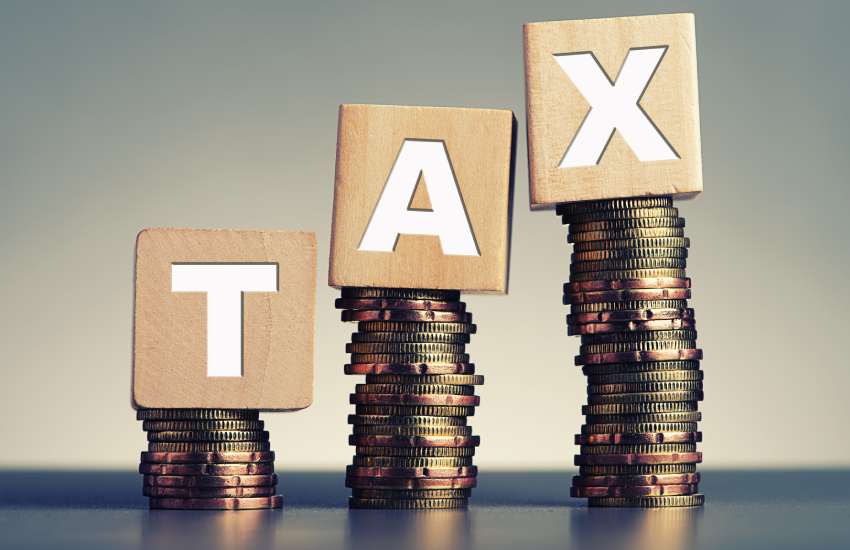
In the United States, it was Vice President Kamala Harris who sounded the alarm by pointing out that 2.5 million women have been forced to leave the work market since the beginning of the pandemic. “Our economy cannot fully recover unless women can participate fully. So I believe, I think we all believe, this is a national emergency.”
While the progress of Covid-19 vaccinations in the US gives hope for a rapid recovery of the economy, a report from McKinsey Global found that women, who made up 43 per cent of the workforce, accounted for 56 per cent of Covid-related job losses, with non-college-educated women and women of colour being disproportionately affected.